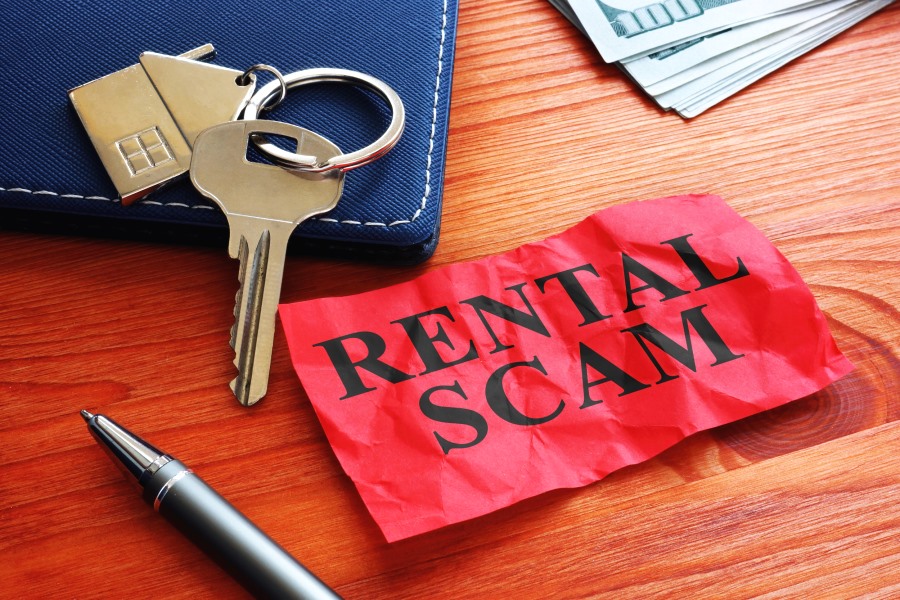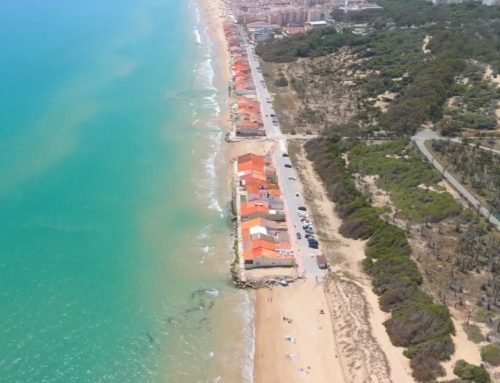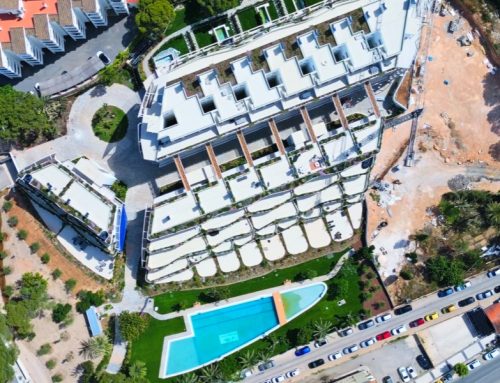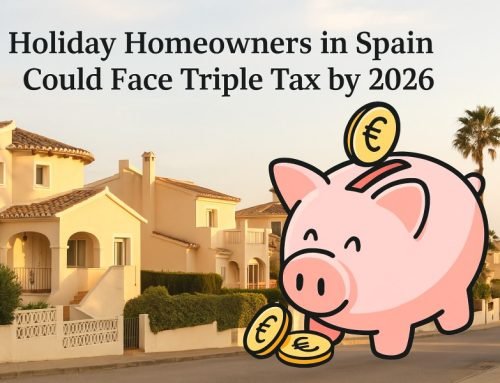
If you already lived in the property and the landlord issues another 11-month contract, or switched you to an 11-month contract, the case becomes even clearer. The continuity of residence proves the rental is not seasonal. In this situation, the judge will apply Spanish rental laws and enforce your right to stay.
How long can you stay in the property in the case of an 11-month rental contract? You can remain in the property for up to five years from the date you signed the 11-month lease if the landlord is an individual, or seven years if the landlord is a company. So, for the full legal term with automatic renewals, unless you choose to leave.
Owners who knowingly use fraudulent rental contracts in Spain face several risks. The contract will be reclassified, they lose the ability to reclaim the home after 11 months, and in many cases they must pay the legal costs of the tenant. Landlord fines in Spain are not automatic for a single case, but in repeated or abusive practices, authorities may impose sanctions or financial penalties.

To prove that an 11-month lease is fraudulent, you can use different types of evidence. Utility bills in your name, registration at the local town hall, enrolment of children in nearby schools, or simply the fact that you have no other residence all show that the property is your main home. Courts use this proof to decide whether the contract is valid or not.
There are, however, situations where an 11-month lease Spain contract is legal. For a seasonal rental Spain agreement to be valid, the contract must clearly state the temporary purpose. It should explain whether you are there for a work project, a study programme, or a holiday. Seasonal lease validity depends on the reason being genuine and non-permanent. If that explanation is missing, the lease is treated as a long-term residential contract.
In short, tenants should not be intimidated by an 11-month contract. Spanish rental laws, especially the Urban Leases Law LAU, ensure that your tenant rights in Spain are respected when the property is your permanent home. Landlords may attempt to avoid these rules, but fraudulent rental contracts in Spain will not stand up in court.
Is an 11-month lease Spain contract legal?
It is only legal when it is a genuine seasonal rental contract. If you use the property as your main residence, Spanish rental laws reclassify it under the Urban Leases Law LAU as a long-term lease.
How long can I stay after 11 months?
If the property is your primary home, you can stay for five years when the landlord is an individual and seven years when the landlord is a company. Automatic renewals apply, giving you full tenant rights.
Why do landlords offer 11-month leases?
Property owners use them to avoid tenant protections, stop automatic renewals, increase rental prices, and keep more control over the property. However, courts view most of these agreements as fraudulent rental contracts when they hide a permanent tenancy.
Can landlords face penalties or fines for this practice?
The main consequence is that the contract becomes reclassified, forcing the landlord into a long-term lease. In disputes, owners may also be ordered to cover legal costs. Repeated misuse by professional landlords can lead to sanctions.
What proof shows an 11-month lease is fraudulent?
Evidence such as utility bills, local registration, school enrolments, or long-term residence makes clear that the property is not seasonal.
What makes seasonal lease validity possible?
The contract must explain the temporary reason, such as a work project, studies, or a holiday. Without that detail, the law treats it as a long-term lease.






















